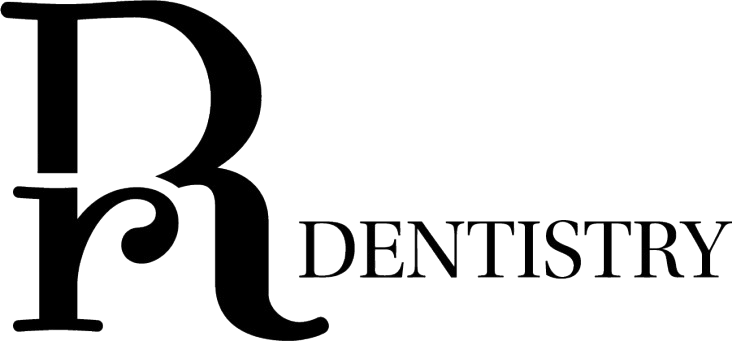Snoring isn’t just an amusing sound grandpa makes when he nods off on the sofa after dinner. It’s sometimes a symptom of a potentially serious sleep disorder called obstructive sleep apnea (OSA). This condition sometimes takes the combined efforts of several medical disciplines to diagnose and treat, and your OSA support team may include your dentist.
In Georgetown, Texas, Dr. Ryan Roberson of RR Dentistry is your dental sleep medicine specialist. A member and diplomate of the American Academy of Dental Sleep Medicine, Dr. Roberson specializes in the fitting of oral appliances for OSA patients who’ve had limited results with other forms of treatment.
What is obstructive sleep apnea?
When you fall asleep, your body relaxes. That’s the best part, right? There are times, though, when tissue relaxation causes problems. Your soft palate, at the back of the roof of your mouth, can collapse, blocking airflow. And when your bottom jaw relaxes, it tends to slide backward, which can also restrict the passage of air through your throat.
When a volume of moving air meets a narrowing passage, it accelerates, causing loose tissue in the airway to vibrate. These vibrations generate the sounds you know as snoring.
On its own, snoring isn’t an issue, but the collapsed tissue in your throat can sometimes stop breathing completely, which is the case with sleep apnea. Your brain is then forced to interrupt your sleep cycle to restart breathing.
This can happen dozens of times each night, and you could be unaware of these sleep interruptions. You may feel tired throughout the day even though it seemed like you got plenty of sleep. Aside from the problem of a lack of quality sleep, OSA has been linked to more serious health concerns, such as heart disease and stroke.
Treating sleep apnea
The gold standard for OSA treatment is called CPAP, or continuous positive airway pressure. It requires that you wear an apparatus that pumps air to keep your breathing passageways open as you sleep. Depending on the design, you may wear nose plugs or a mask that covers your nose or nose and mouth.
For some people, the presence of CPAP equipment is enough to interfere with sleep. The device can feel claustrophobic, and the therapy can cause a runny nose or nasal congestion. These symptoms might prevent you from gaining the benefits of CPAP treatment.
When you have mild to moderate obstructive sleep apnea and CPAP doesn’t work for you, an oral appliance you can get from your dentist may be the answer.
Oral appliances for sleep apnea
Once you’re diagnosed with OSA through a sleep study and consultation with a medical doctor, you can schedule an appointment with Dr. Roberson for an oral appliance fitting.
Your device typically resembles a sports mouth guard. Custom designed to fit your mouth, your OSA appliance prevents your lower jaw from slipping back when you fall asleep. Preventing this natural collapse of the jaw may be enough in itself to prevent the sleep interruptions caused by OSA.
Dr. Roberson can also make adjustments to your appliance to maximize comfort. Depending on the severity of your OSA, you may have another sleep study with your appliance to ensure it’s relieving the sleep disturbances.
Connect with us at RR Dentistry for help with your sleep apnea condition. You can reach the office by phone or by using the “Book Online” button on this page. A good night’s sleep is too important to miss. Schedule your consultation today.
